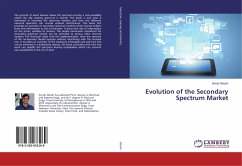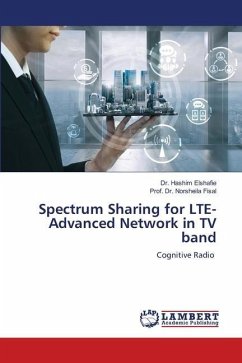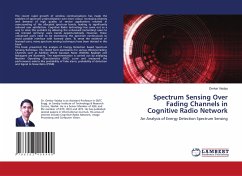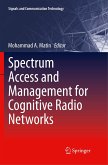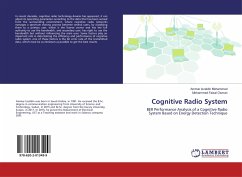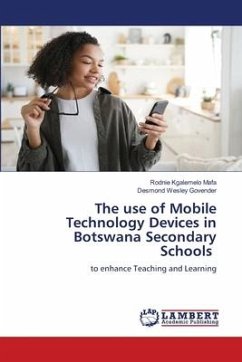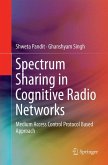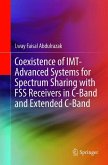The growth of smart devices makes the spectrum scarcity a real possibility unless the idle existing spectrum is shared. This book is one who is interested in knowing the spectrum markets and how the different network operators can co-exist without interference. This book first provides an overview of secondary spectrum markets where license holders lease that information to the un-licensees. It shows the role of information on the prices, qualities of services. The simple mechanism considered for secondary spectrum market can be extended to various other internet markets. The final part deals with the implementation: How the network of the un-licensees should operate without interfering with the licensed one. It provides an overview of the maximum achievable rate and how this can be achieved in a distributed setting. The book concludes with how this work can simplify the spectrum sharing complexities which can unearth new possibilities in the era of data.
Bitte wählen Sie Ihr Anliegen aus.
Rechnungen
Retourenschein anfordern
Bestellstatus
Storno

